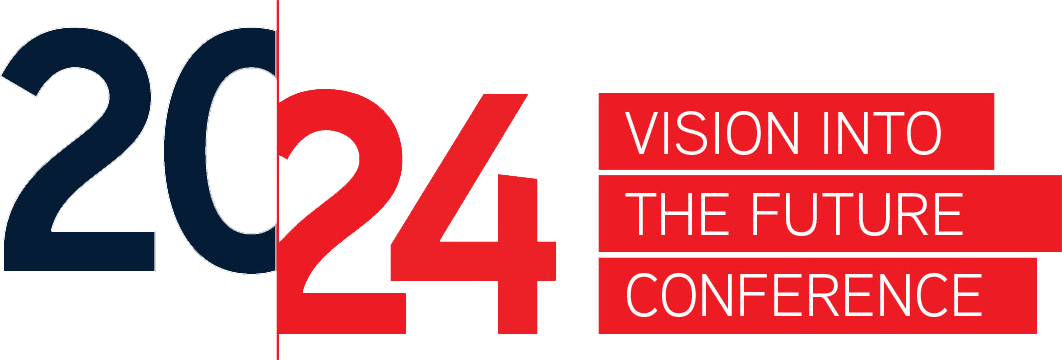The Need to Detect Particles: Everything in the Universe is made up of basic building blocks called particles, and many phenomena affecting human lives today and in the future will rely on the efficient measurement of individual particles. This need touches on many fields, from measuring and mitigating industrial pollution that can affect our environment and human health, to the detection of particles released from forest fires that can reveal regions that need quick attention, to capturing positron annihilation in a PET-scanner that can drastically reduce the radiation dose needed expanding the types of patients that can undergo such procedures. Particle physicists and material scientists are facing this challenge with the creation of new state-of-the-art particle detectors, of which Silicon Photomultipliers (SiPMs) are leading the charge. Advances in these technologies also have impacts on fundamental science itself, including in particle astrophysics, where one of the biggest mysteries of the Universe is understanding the nature of dark matter. SiPMs are being used in the next generation of dark matter detectors being built here in Canada. This seminar and discussion will explore this new technology and generate discussion on applications of particle detector technology, and how all of STEAM can contribute to these efforts in the future.
About the Speakers
Mark Richardson is the Manager for Education and Public Outreach at the Arthur B. McDonald Canadian Astroparticle Physics Research Institute. Mark is originally from in Halifax, Nova Scotia, and completed a PhD in Astrophysics at Arizona State University studying how galaxies form and change over time in an effort to understand our own place in the cosmos. At the McDonald Institute, Mark runs programming that bring scientists and the public together, and public engagement opportunities that share the wonders of astroparticle physics with students across the country. Mark is also doing his Masters in Education on visitor engagement in science centres.
Ken Clark (tentative) is an associate professor of particle astrophysics at Queen’s University and the McDonald Institute. Ken did his PhD at Queen’s University, and worked in research centres around the world before returning to Queen’s as a professor. Ken spends the bulk of his time working as part of the PICO dark matter detector collaboration – he is responsible for the construction and commissioning of both current and next generation detectors, including the new Scintillating Bubble Chamber technology that will rely on SiPMs to detect signals from dark matter in the detectors.
Presented by Queens
